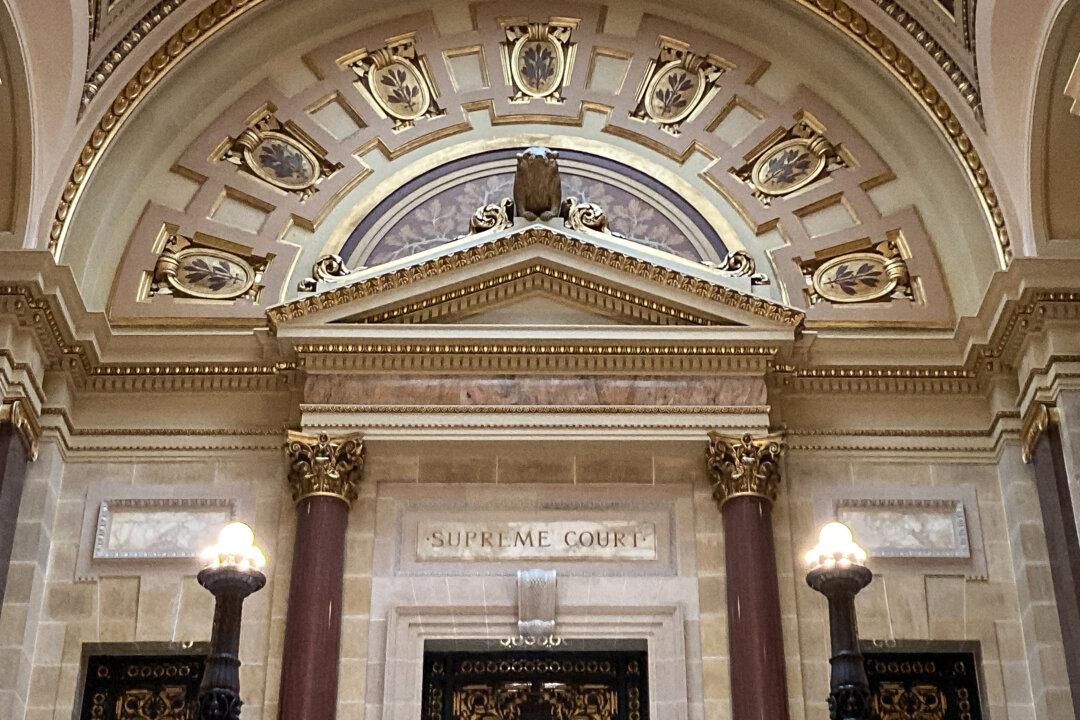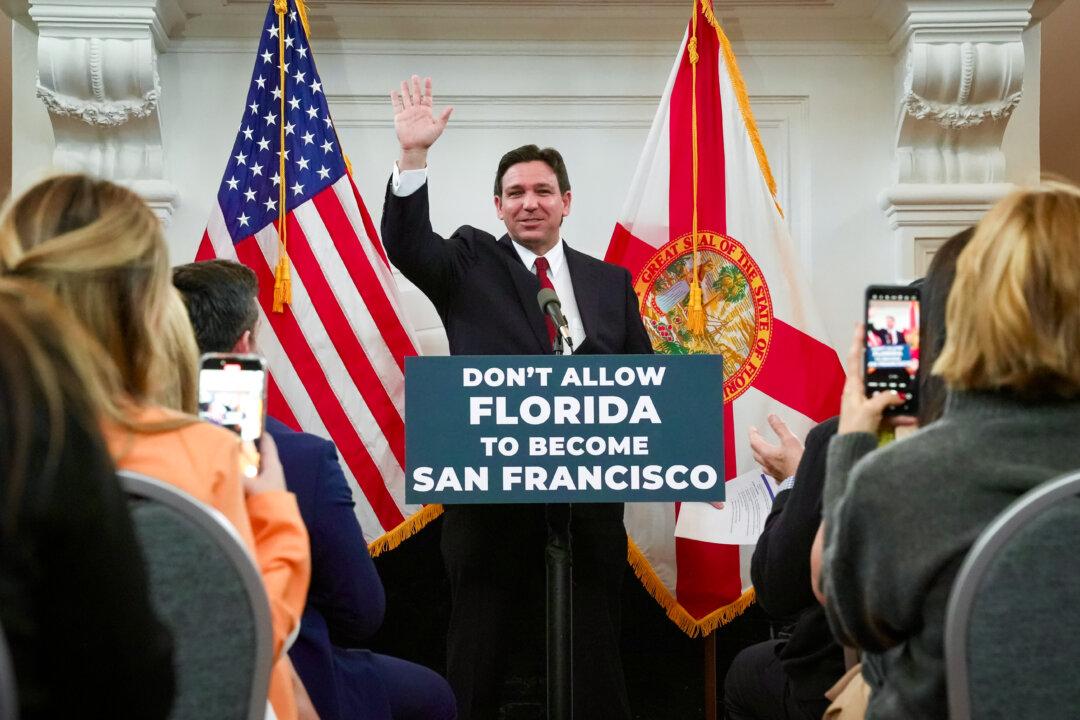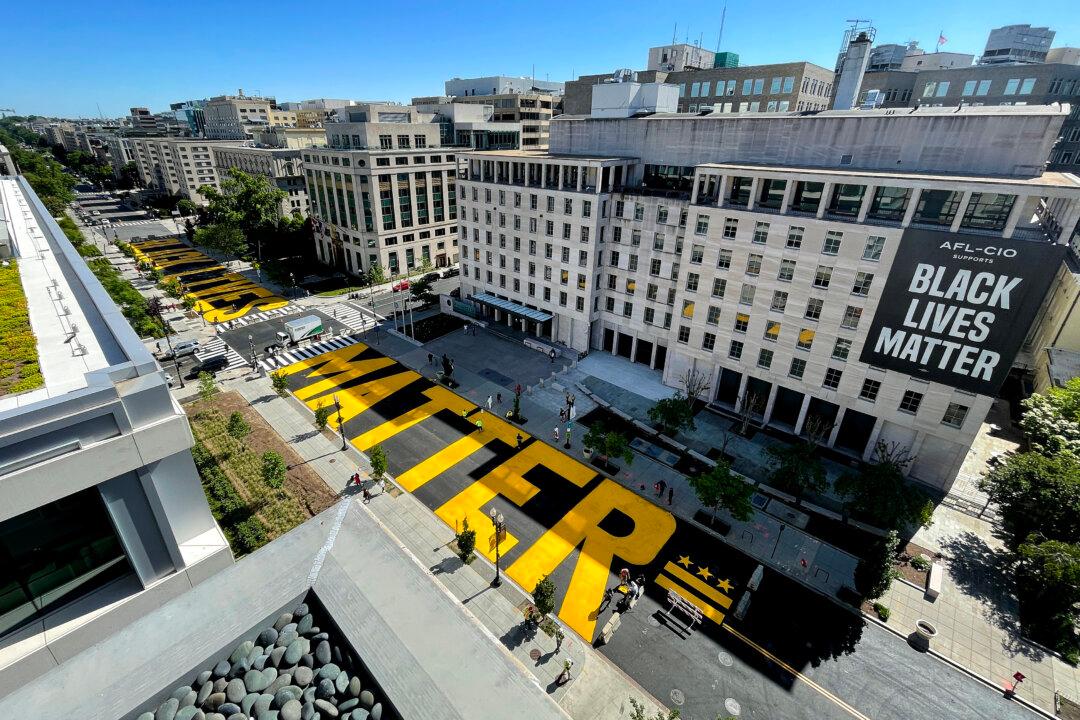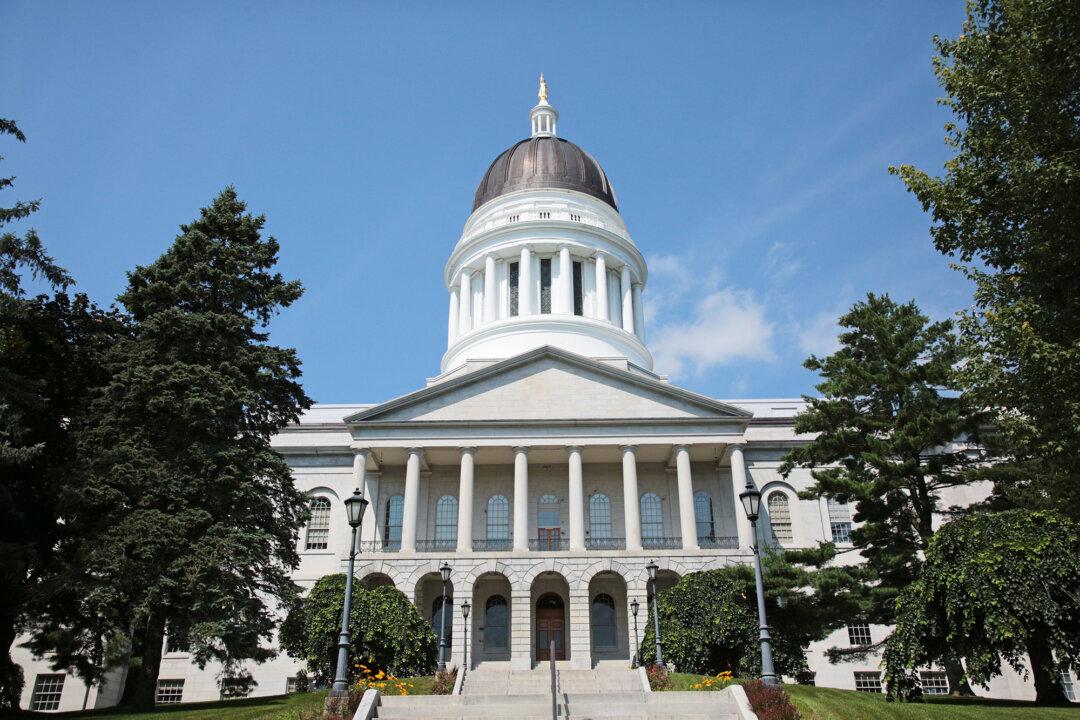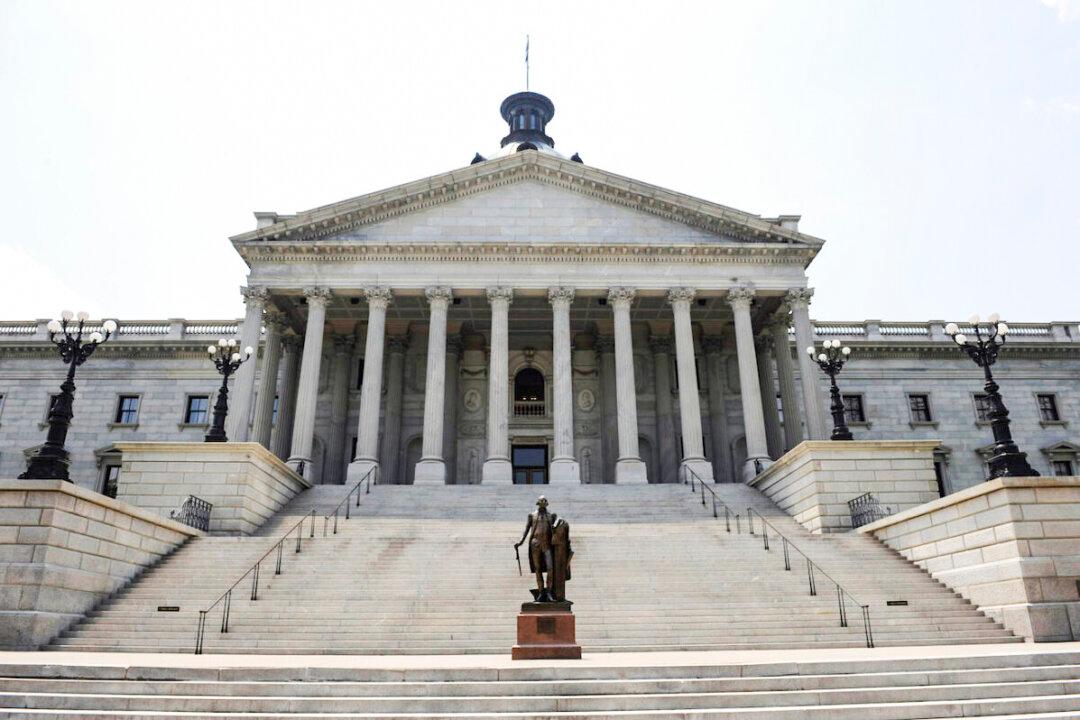In more than six years of serving as president of Catholic Memorial High School (CMHS) in Waukesha, Wisconsin, Donna Bembenek is proud of the fact that she’s never had a student in the Wisconsin Parental Choice Program willingly leave her private school to go to a Wisconsin public school.
But some students at her school and across the state soon may be forced to return to public schools because of a lawsuit challenging the state’s school-choice program.
